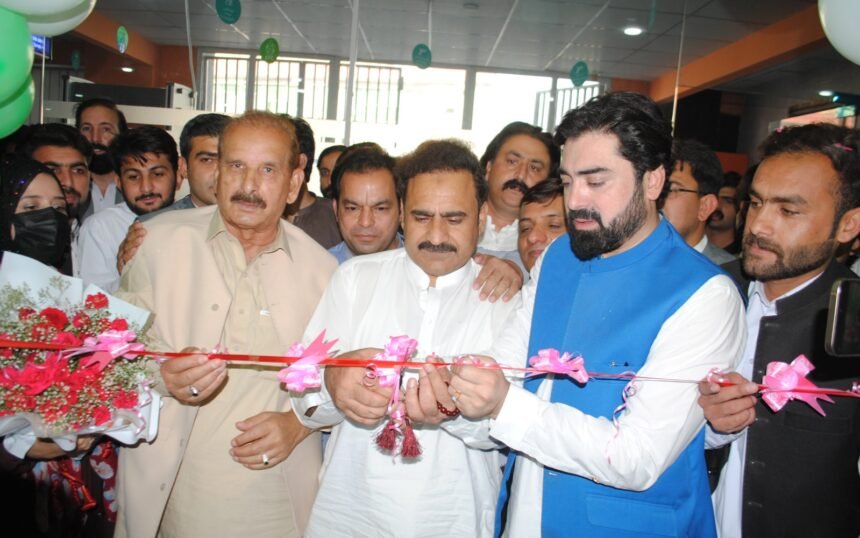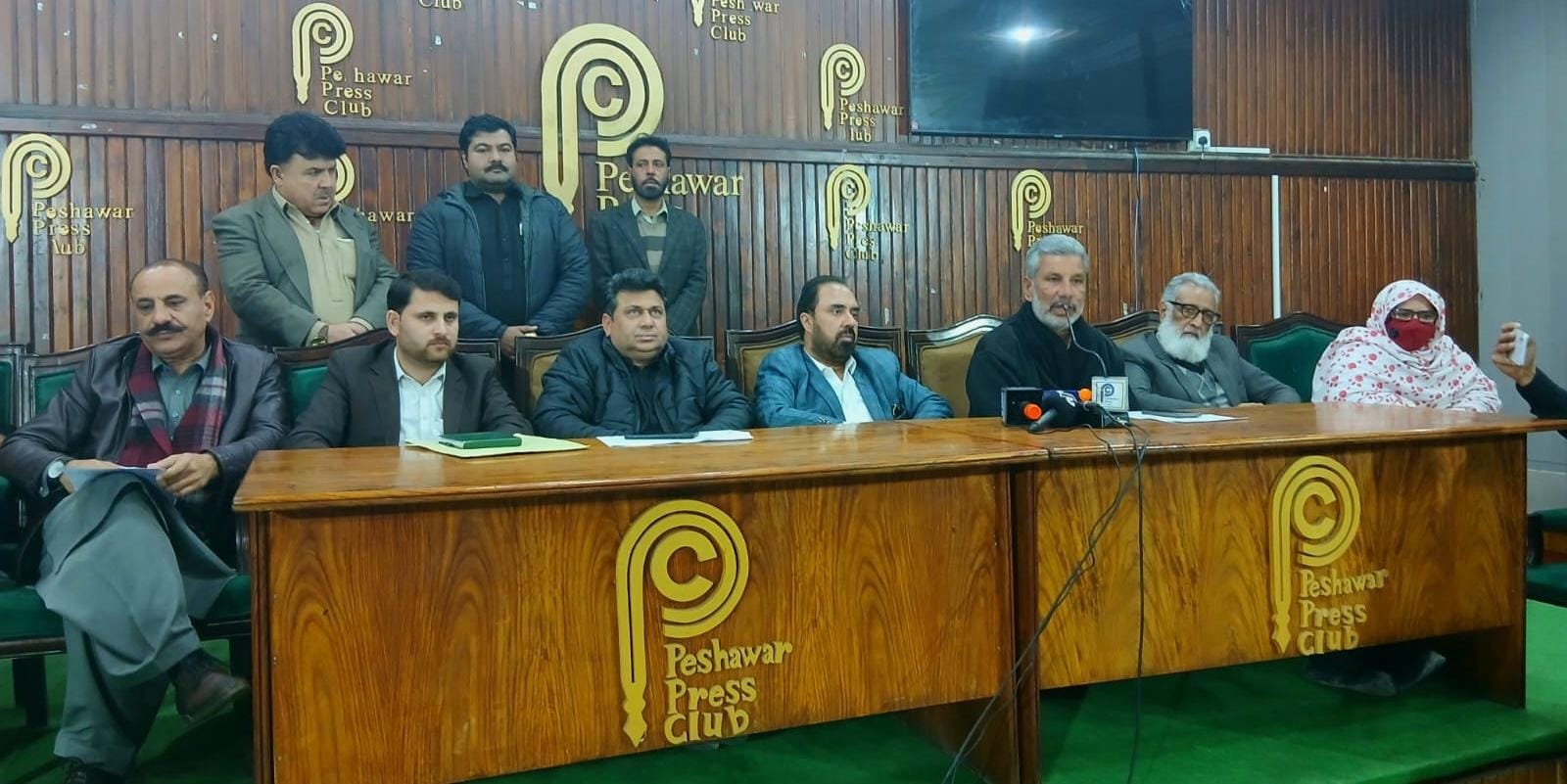In an era where technology is reshaping governance worldwide, Pakistan too is embracing the digital wave, with Khyber Pakhtunkhwa (KP) leading the charge through innovative reforms. The establishment of the Citizen Facilitation Center in Swat marks a significant milestone in the province’s journey toward efficient, transparent, and accessible public service delivery.
Recognizing the urgent need to digitize administrative processes, the KP government has taken serious strides under its ‘Digital Khyber Pakhtunkhwa’ vision. Spearheaded by the Department of Science and Information Technology, these efforts aim to streamline government services and bring them directly to citizens — thereby reducing bureaucratic hurdles and promoting transparency.
The recently inaugurated Citizen Facilitation Center at Bypass Qamber in Swat is a testament to this commitment. The center offers more than 26 government services under one roof — ranging from issuance of vital certificates like birth, death, marriage, and divorce, to vehicle registration and verification, water complaint registrations, property transfers, and even weapon licensing. Such comprehensive service delivery represents a leap forward in reducing the time and effort citizens traditionally expend in government offices.
Provincial Minister for Livestock, Fisheries and Cooperatives Fazal Hakim Khan, and Special Assistant to the Chief Minister for Science and IT, Dr. Shafqat Ayaz, officially launched the center on May 23, 2025, during a ceremony attended by key government officials, legislators, and citizens alike. Both leaders emphasized the center’s role not only in simplifying public access to services but also in strengthening the relationship between government departments and the people.
One of the most striking features of the Swat center is its inclusive approach. Recognizing that a significant portion of the population remains unfamiliar with digital tools, the facility provides assistance to those unable to navigate computers or smartphones, ensuring no citizen is left behind in the digital transition.
The implications of this initiative extend beyond convenience. The center is a critical step toward realizing KP’s broader aspirations of digital governance, fostering greater accountability and curbing corruption. Furthermore, Dr. Ayaz highlighted the forthcoming ‘Digital Valley’ project — an ambitious plan to transform the region into a technological hub attracting investment and offering employment opportunities, especially for the youth.
Such progressive undertakings signal a positive shift in provincial governance, showcasing how technology can be leveraged to empower citizens and promote socio economic development. With improved service delivery models like the Swat Citizen Facilitation Center, KP is setting a precedent that other regions may well emulate.
While challenges remain — particularly in scaling digital literacy and infrastructure across remote areas — the government’s persistent focus on public-friendly policies demonstrates a sincere commitment to inclusive growth. As more centers come online, the promise of a truly digital Khyber Pakhtunkhwa appears within reach, heralding a new chapter in Pakistan’s administrative evolution.






 Today's E-Paper
Today's E-Paper